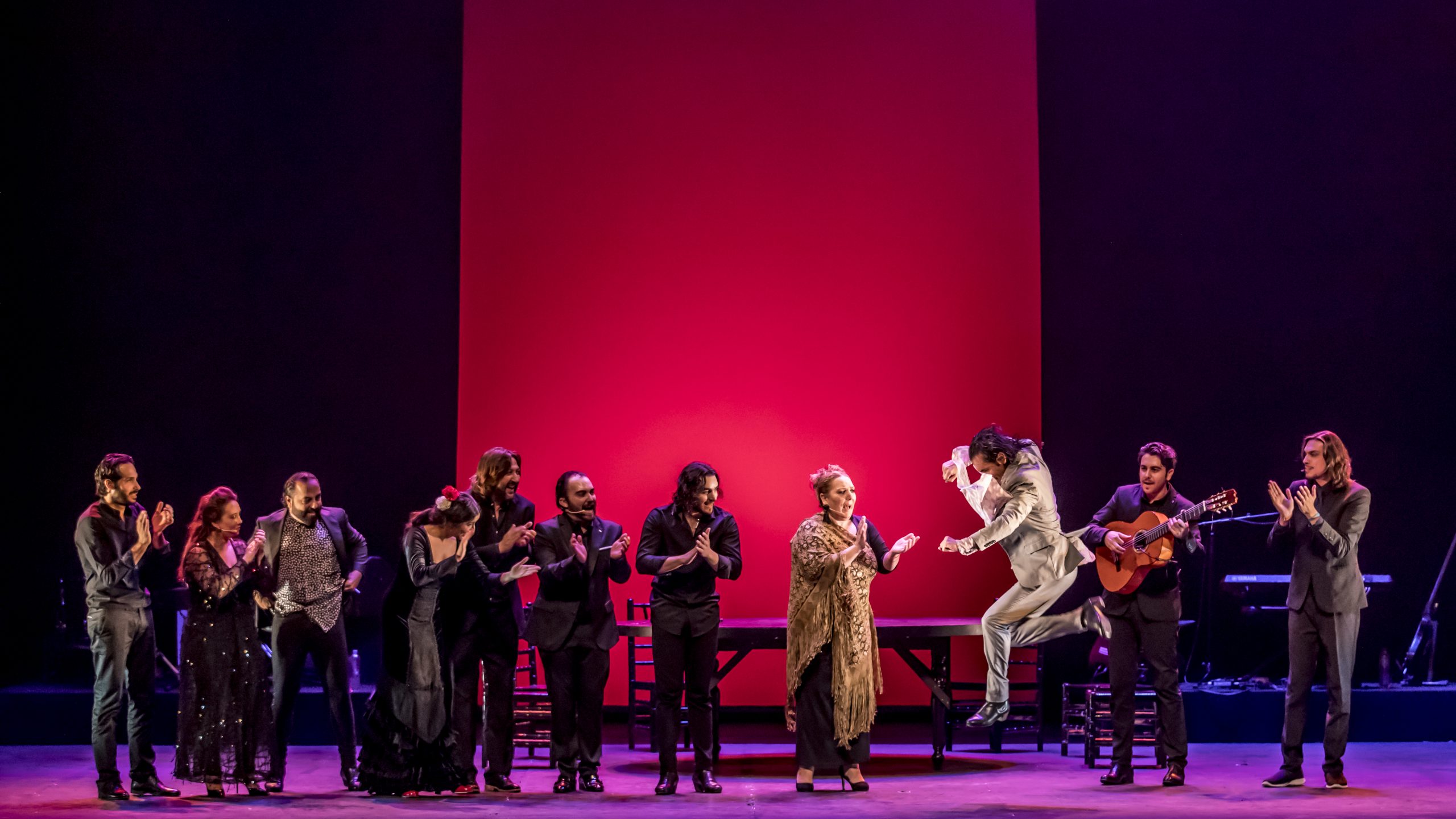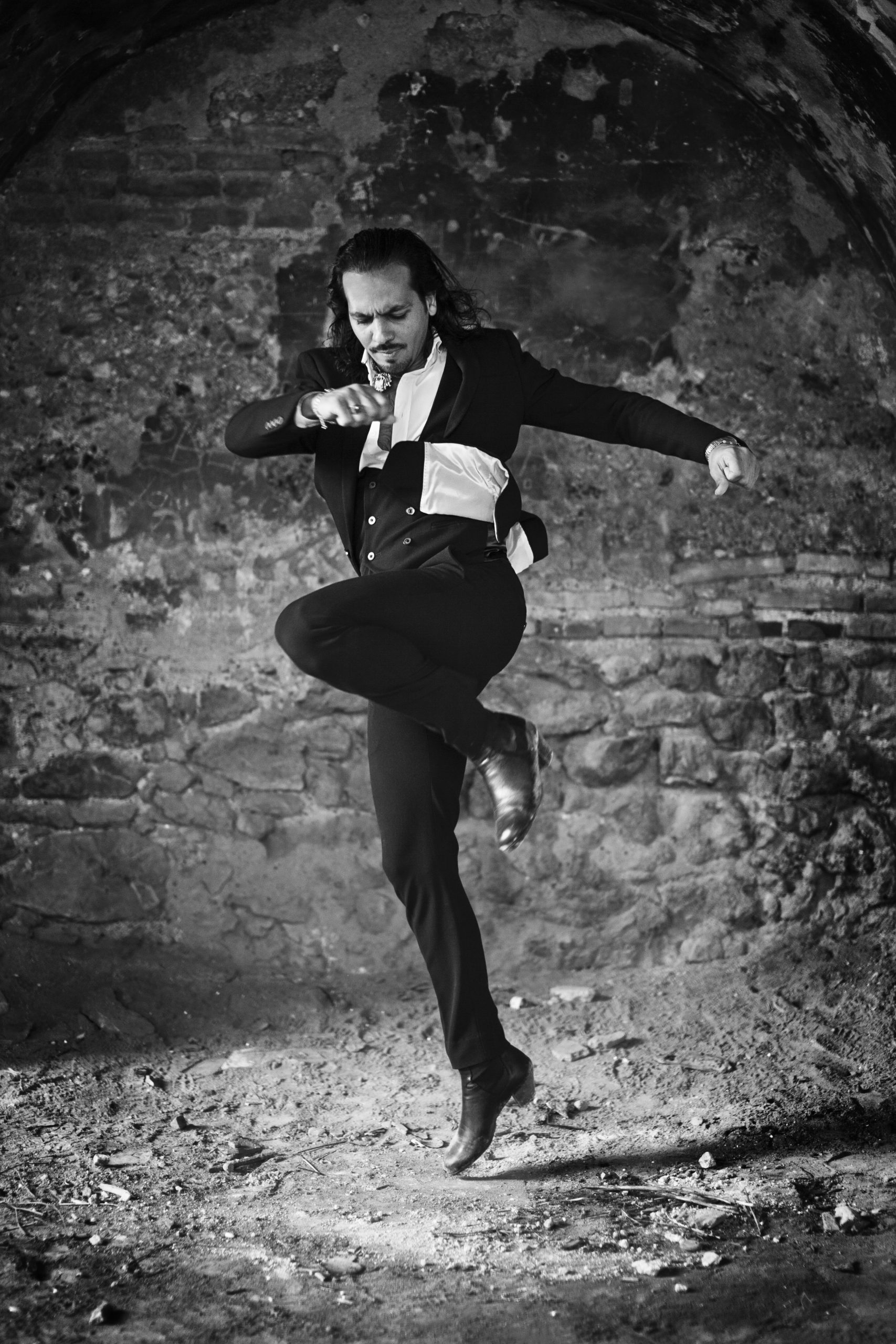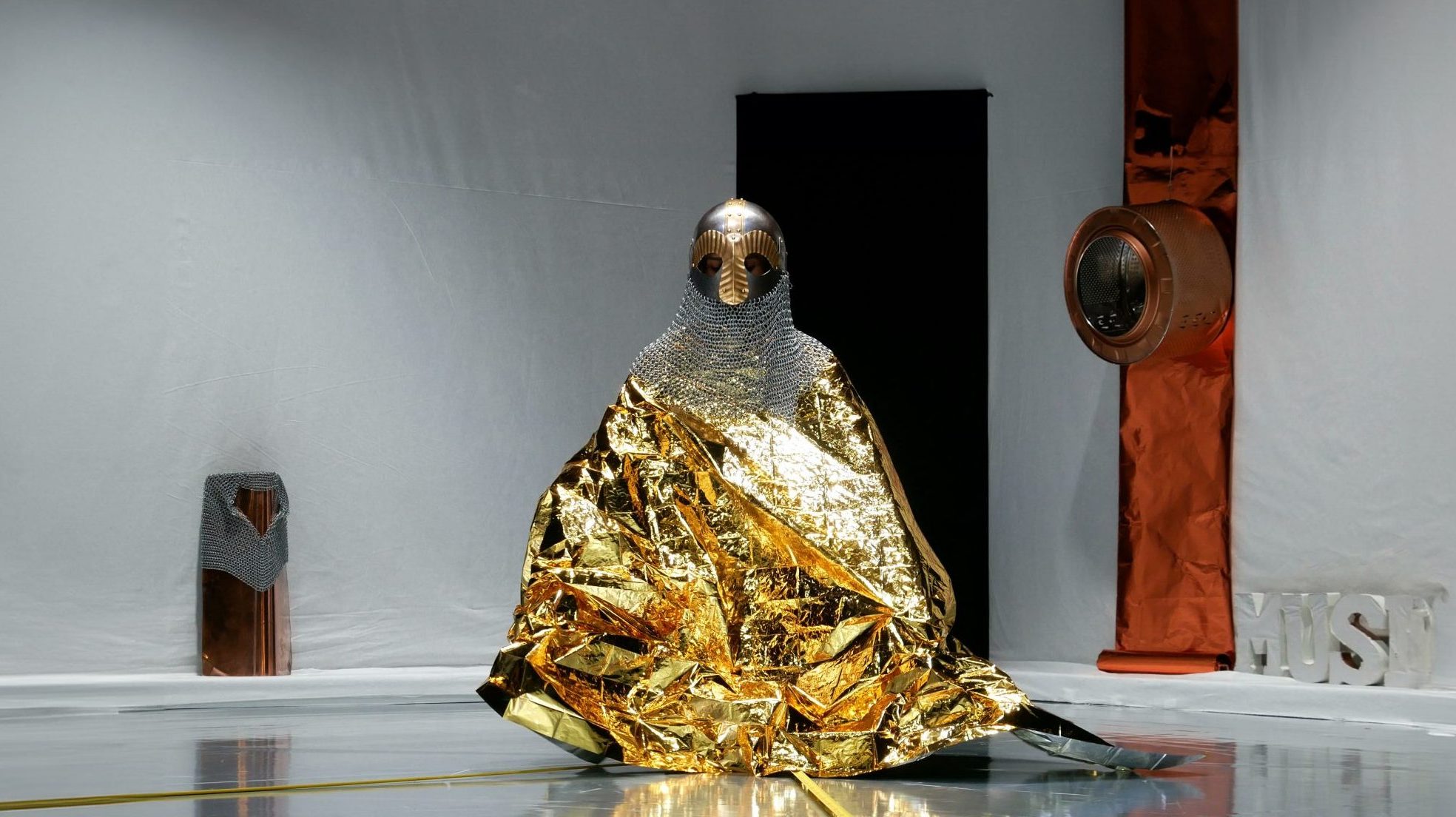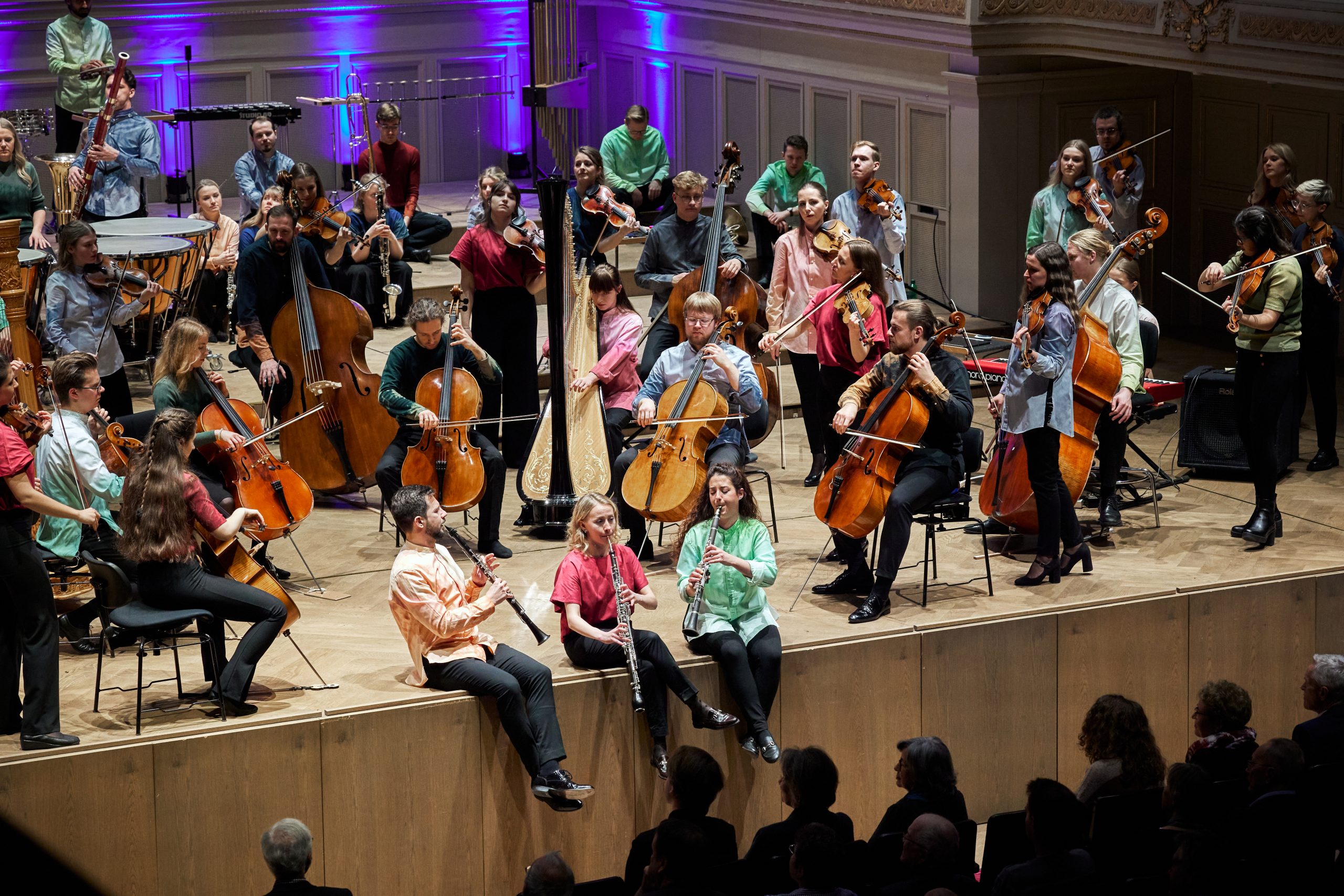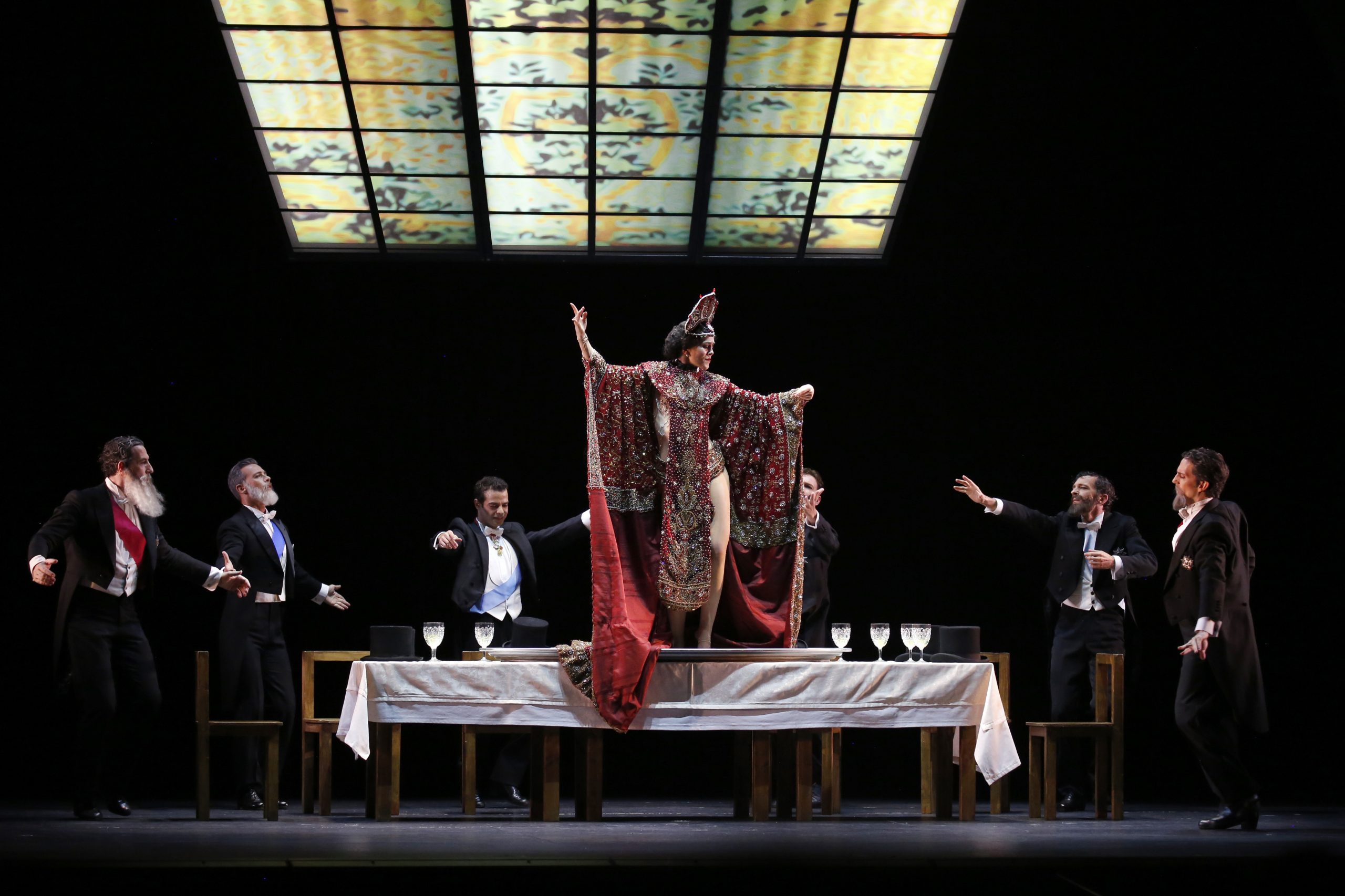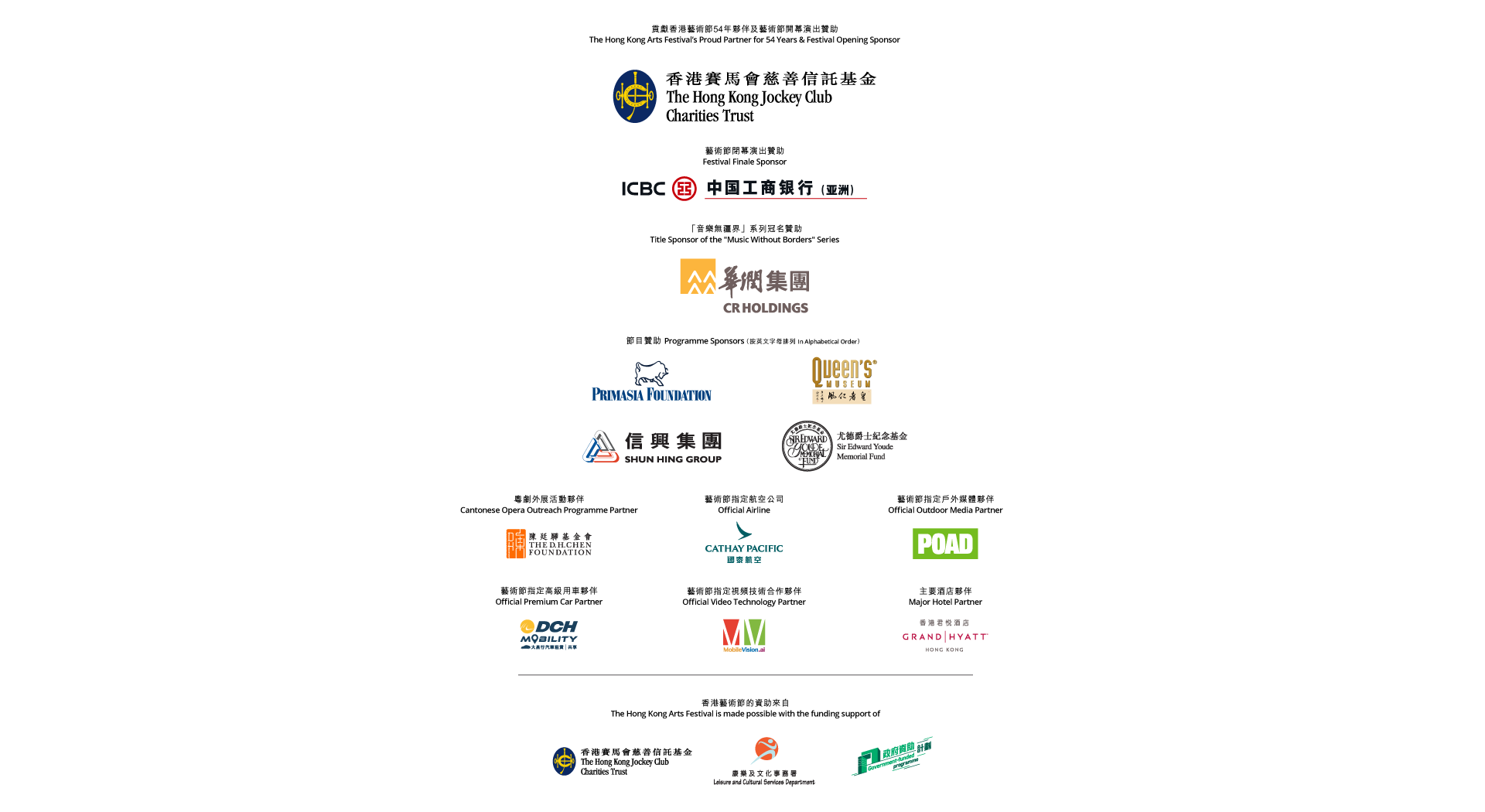The deep roots of flamenco lie in the highly expressive traditions of rapid footwork, complex, percussive rhythms, deep song and dramatic body movements that have been passed down through generations of Romani families. So it's not unusual to find that many of the great flamenco artists of today have emerged from a single dynasty that stretches back over many decades, if not centuries.
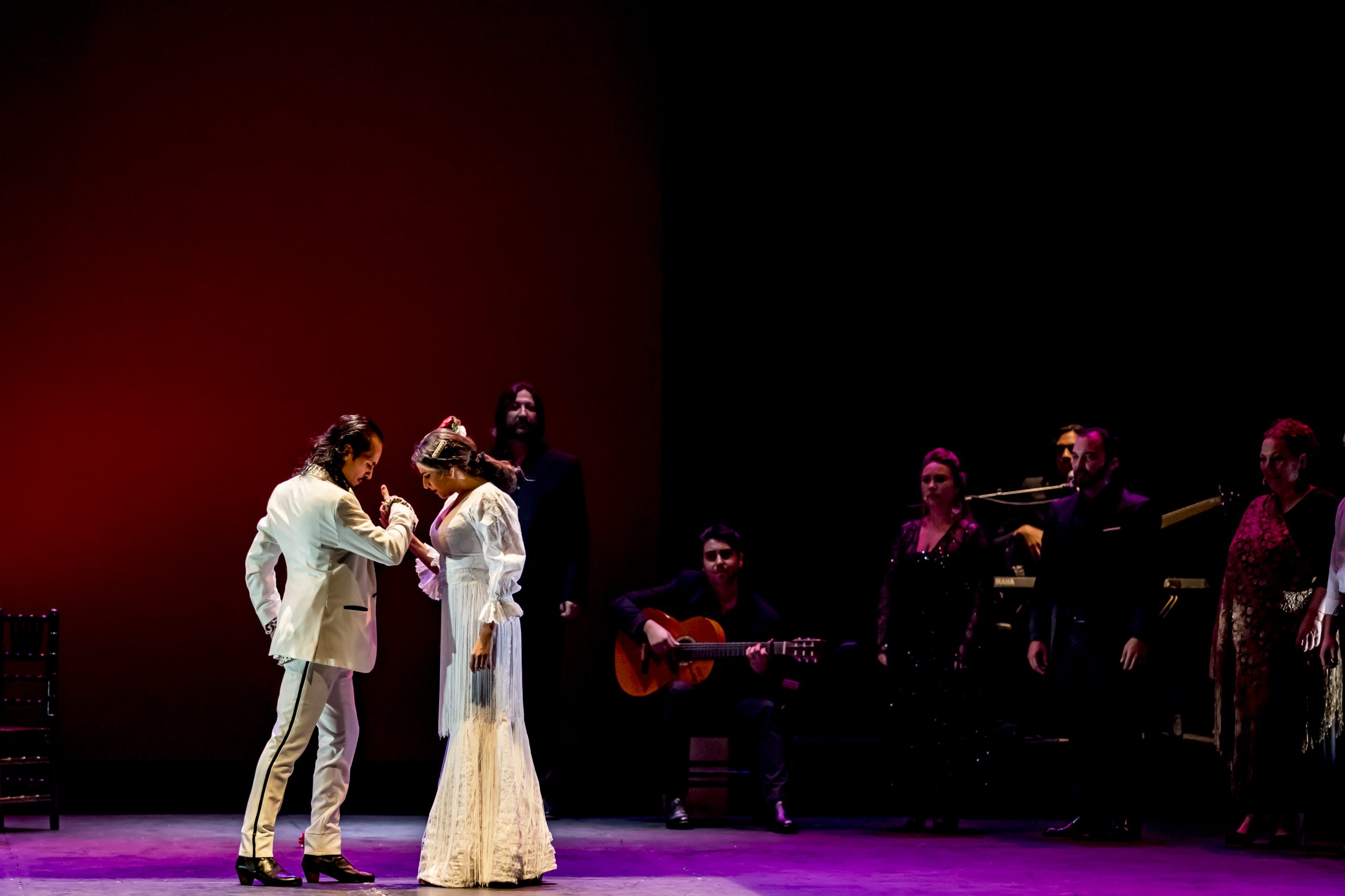
The Montoya clan can lay claim to being the most accomplished and sustained of all the Gypsy flamenco dynasties, beginning with the famous guitarist, Ramón Montoya who was active in the 19th century. Farruquito is the latest in this line of flamenco legends.
Tragedy and flamenco often go hand in glove and Farruquito's maternal grandfather, El Farruco, is regarded as one of the greatest exponents of flamenco dance with an intense expressionism fuelled by personal misfortune: his father was killed in the Spanish Civil War; he was married at 14 and his wife died two years later. Their son (Juan Antonio) was the first Farruquito, but he died in a car accident aged just 18.
Unsurprisingly, with such an elite level of flamenco in his genes, the second Farruquito's entire life has been devoted to the art. He first performed on stage (on Broadway, no less) at the age of four, before most children begin school. He appeared alongside his grandfather, in a show entitled Flamenco Puro, and from that performance onwards, the new Farruquito was destined to continue El Farruco's dancing legacy.
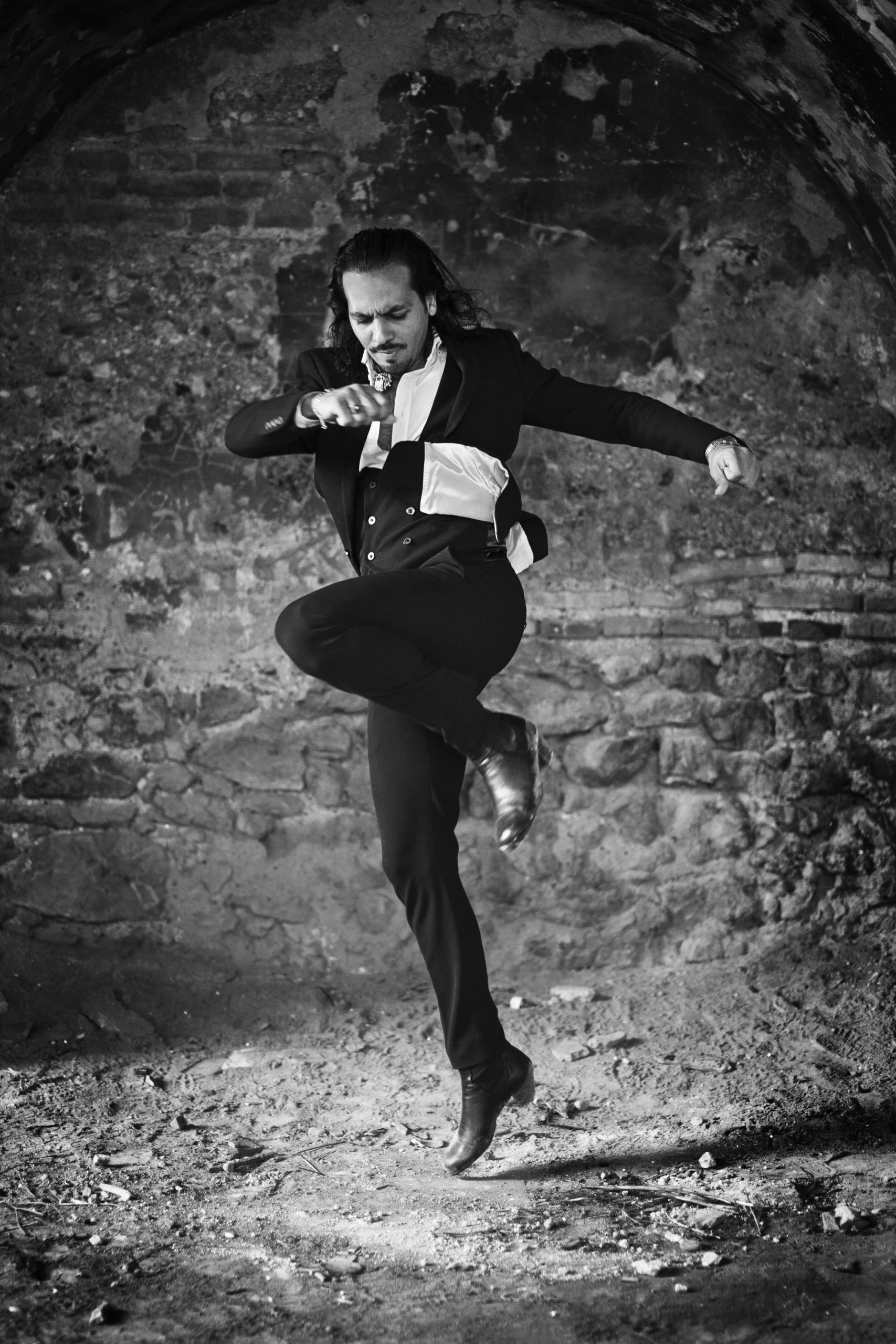
I feel free when I improvise and when I dance choreography —— Farruquito
In 1998, the year after El Farruco's death, Farruquito—then aged only 15—demonstrated how he shouldered the great weight of responsibility as his grandfather's heir in an interview with the Spanish radio programme Duendeando: "For me he's a god, because he taught me everything, since I was a toddler. We'll continue to do what he's always done."
Since inheriting his grandfather's legacy, Farruquito has created many shows that have toured the world. They are always slick in their tight structure, although Farruquito's dancing is so fresh and passionate that it appears to be improvised in the moment.
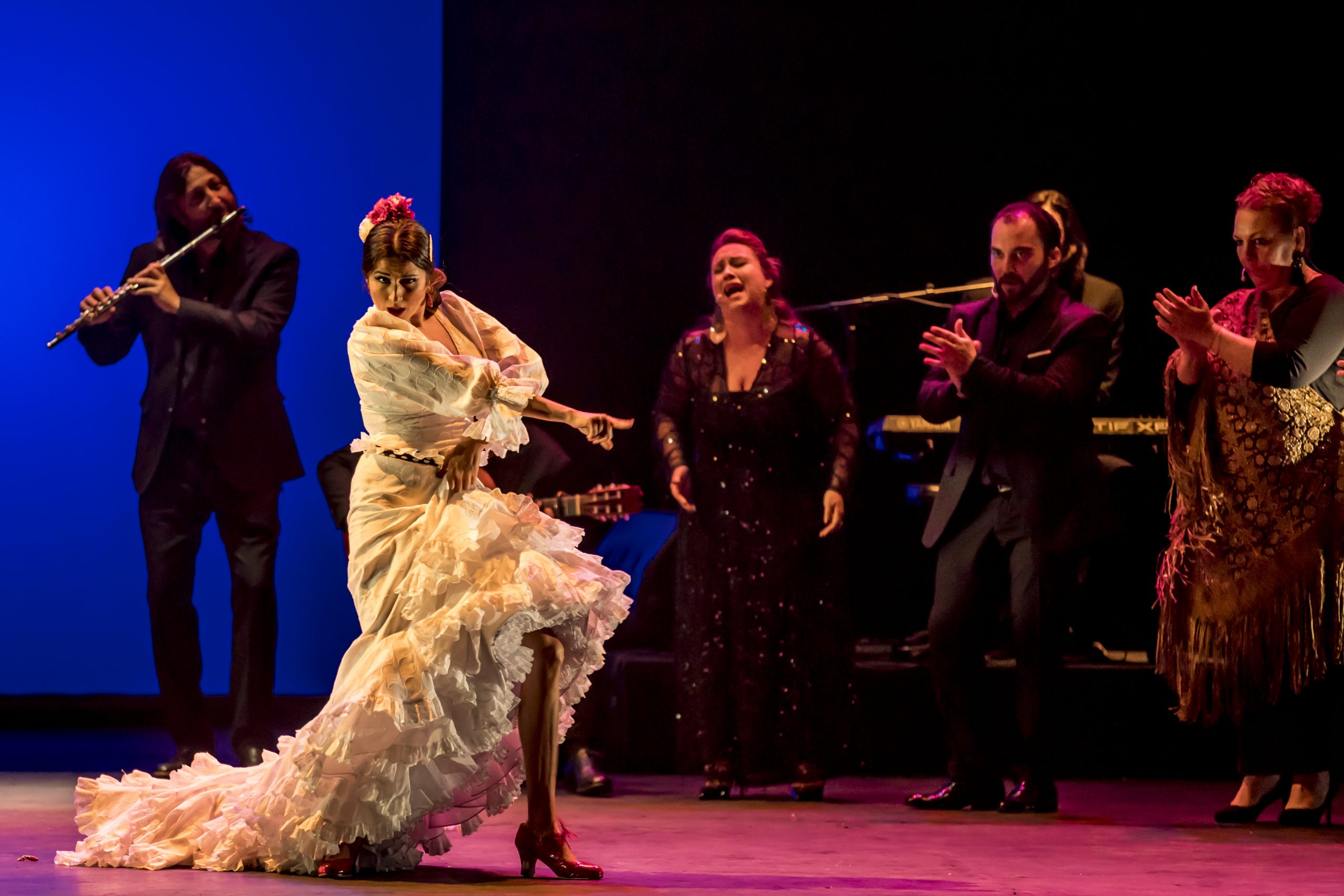
"I feel free when I improvise and when I dance choreography," he told Alice Blumenfeld, the founder of Abrepaso Flamenco dance company, in 2019. "What I do is create the music first, and then I dance to it the way I feel in the moment. Sometimes the dance is insufficient to express what I want to express, so I call on the music to help me."
Farruquito has a brooding, macho presence, attacking his footwork like machine-gun fire. Continuity is always assured through both the close personal associations that inspire Farruquito, and the tight-knit group of artistic collaborators and performers that form his core ensemble (two of his brothers are also dancers and often perform with him).
In a 2019 interview, Farruquito said: "It can be hard to maintain excitement about dancing and not let it become a job. To avoid that, I always surround myself with people with lots of joy and eagerness—my family and friends. Only in that way can you always feel at ease and keep the thrill of dancing."
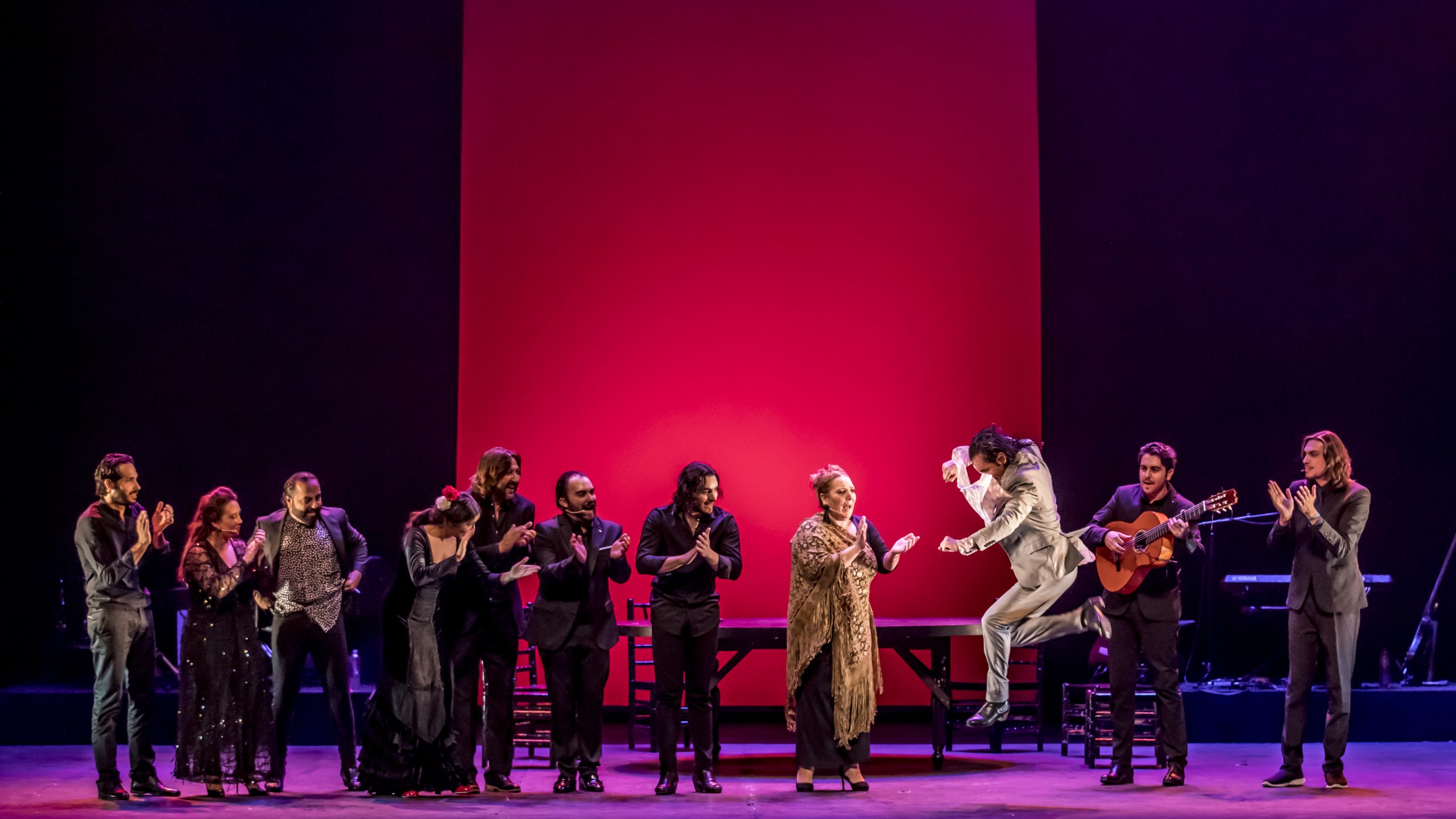
The self-titled show that Farruquito will present at the Hong Kong Arts Festival will mix his own structured choreography, drawn from intimate life experiences and incorporating highlights from past shows, with the spark of improvisation that lies at the heart of the powerful, raw expressiveness of pure Gypsy flamenco. Farruquito will introduce the audience to traditional flamenco forms such as the Soleá, Sequidilla, Taranto and the Sevillanas (from his home city of Seville). During the moments of great passion in his solos, it is said that the spirit of flamenco (el duende) takes control of his performance. We can be sure that this is a spirit that resonates with the influences of his forebears.
Farruquito—Flamenco
Date:8-9 Mar 2024
Venue:Concert Hall, Hong Kong Cultural Centre
Details:https://www.hk.artsfestival.org/en/programme/Farruquito_Flamenco?


